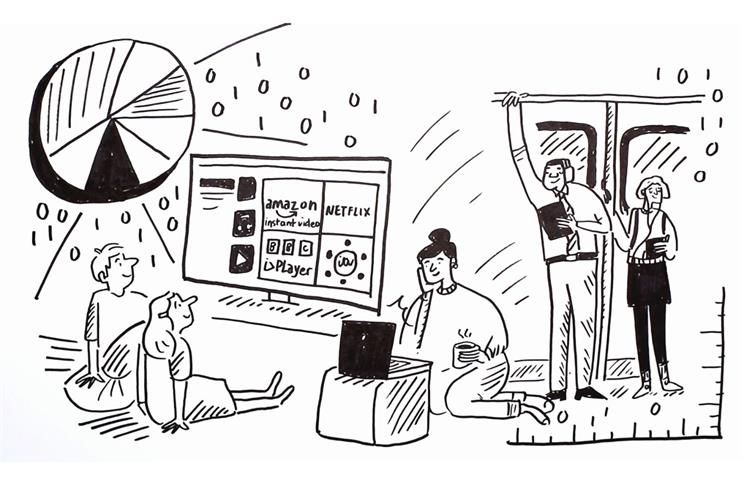
, the industry expects any cross-platform measurement currency to follow "established TV conventions for duration, viewability and verification"; to "meet industry-agreed standards for brand safety" and to have an "editorial environment classified by genre/programme and, equally, to verify campaign delivery".
When asked directly, Barb would not comment on whether or not its new requirements automatically excluded YouTube and Facebook from consideration, or if should these platforms meet these criteria, they would be admitted.
Emailed questions were met with reiterated phrases from the release.
A spokeswoman did add, however, that Barb was "happy to talk to any channel or platform that wants to be reported on an equivalent basis".
It comes after YouTube's bid to join Barb was rejected last year. Barb would not accept Google's offer to give server data to Barb as part of a pilot scheme and instead demanded "independent auditing" to ensure viewing data is free of bots and gamification.
At the time, YouTube was said to be willing to make server data available but is uncomfortable with Barb embedding software code on the site – something that broadcasters allow on their online TV players.
Barb also employs viewability metrics that may be incompatible with online video platforms.
"Barb takes into account the whole duration of a viewing session when we determine whether a programme or ad has been viewed, not just the first two seconds. Also, the programme or commercial has to have been watched at normal speed, with at least one panel member registered as being in front of the TV set or device," the spokeswoman told 北京赛车pk10.
Google has also done much in the past year to address the issues of brand safety that plague YouTube but it is arguably not a regulated platform in the same way that TV channels are regulated.
"Any non-Ofcom regulated service wishing to be reported by Barb would need to demonstrate it provides an equitable environment," the Barb spokeswoman said.
Thinkbox welcomed the announcement from Barb. "It’s great to see consensus from across the industry that the high standards and integrity underpinning Barb should not be compromised to accommodate platforms that don’t yet meet the necessary criteria," Matt Hill, planning and research director at Thinkbox told 北京赛车pk10.
When asked if YouTube felt included or excluded by this criteria, Google's spokesman would only refer back to the following statement by Ronan Harris, Google UK managing director about the Barb's announcement:
"Because our advertising and agency partners have asked us to make measurement comparable to other media, we remain committed to providing independent measurement that compares TV and online video side by side. We believe it’s in the ad industry's best interest to have unified video audience measurement metrics and we are in advanced stages of joining and enabling TV Joint Industry Committees to measure YouTube in several countries."
Google's spokesman added that YouTube has gained accreditation to be measured alongside TV in Germany by its JIC, the AGF.
Facebook, too, issued a statement that its advertisers wish to "understand how their video marketing efforts are being consumed across all these channels, and each other’s context to one another".
"The positive work being conducted by Barb in talking to the UK industry about its measurement needs, including for platforms such as our own, is welcomed. We would like to see these conversations continue to evolve and look forward to ongoing discussions with the industry to address the needs of advertisers," a Facebook spokeswoman said.
In September, Barb will begin to track the number of people who are watching programmes across four screens: TV sets, tablets, PCs and smartphones. It plans to extend this to track advertising in future.
Barb is funded by broadcasters including the BBC, ITV, Channel 4 and Sky, as well as the IPA.




.jpg)
.jpeg)
